30 Best Alcohol and Drug Rehabs in Memphis, TN 2025

6.96
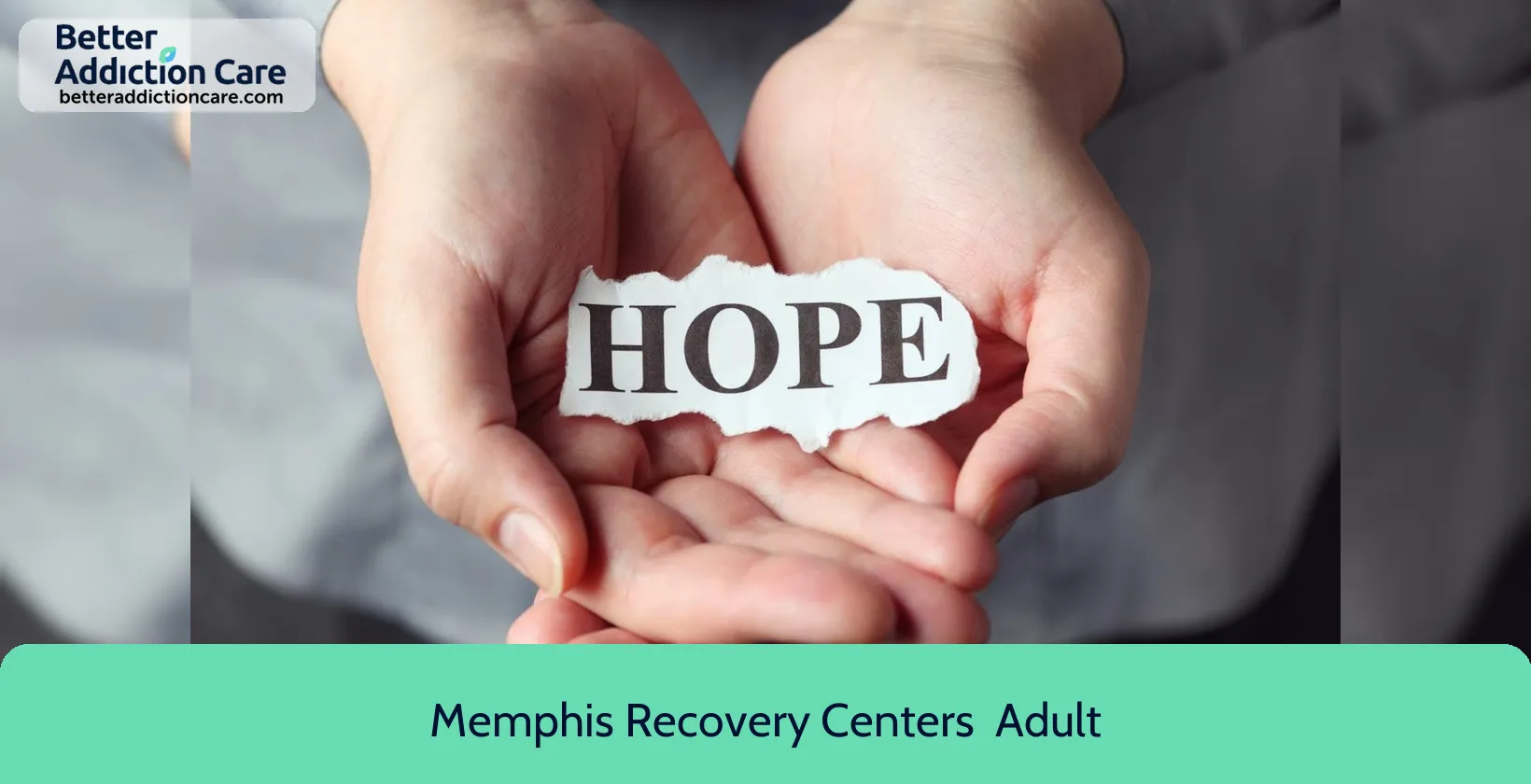
6.83
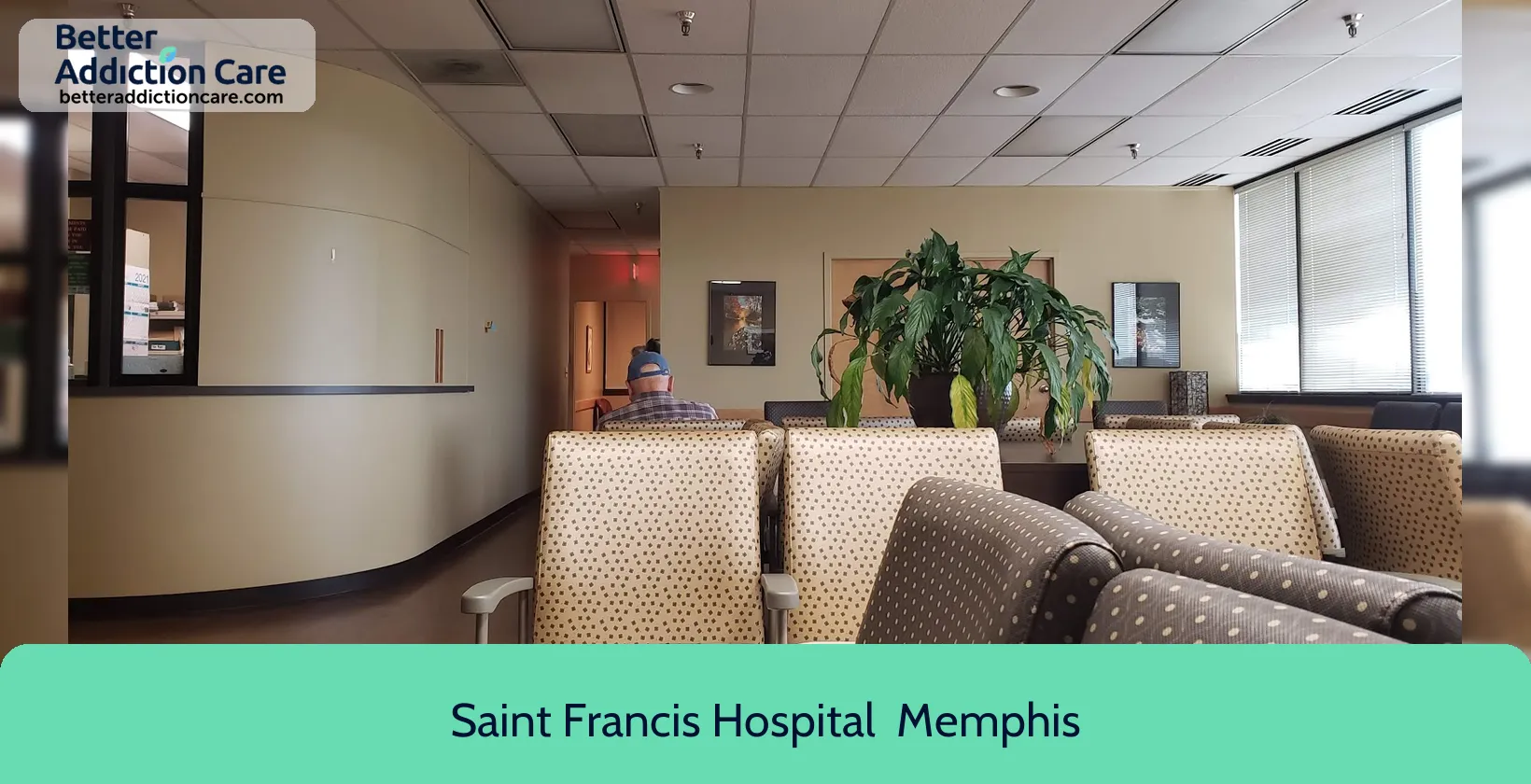
6.74
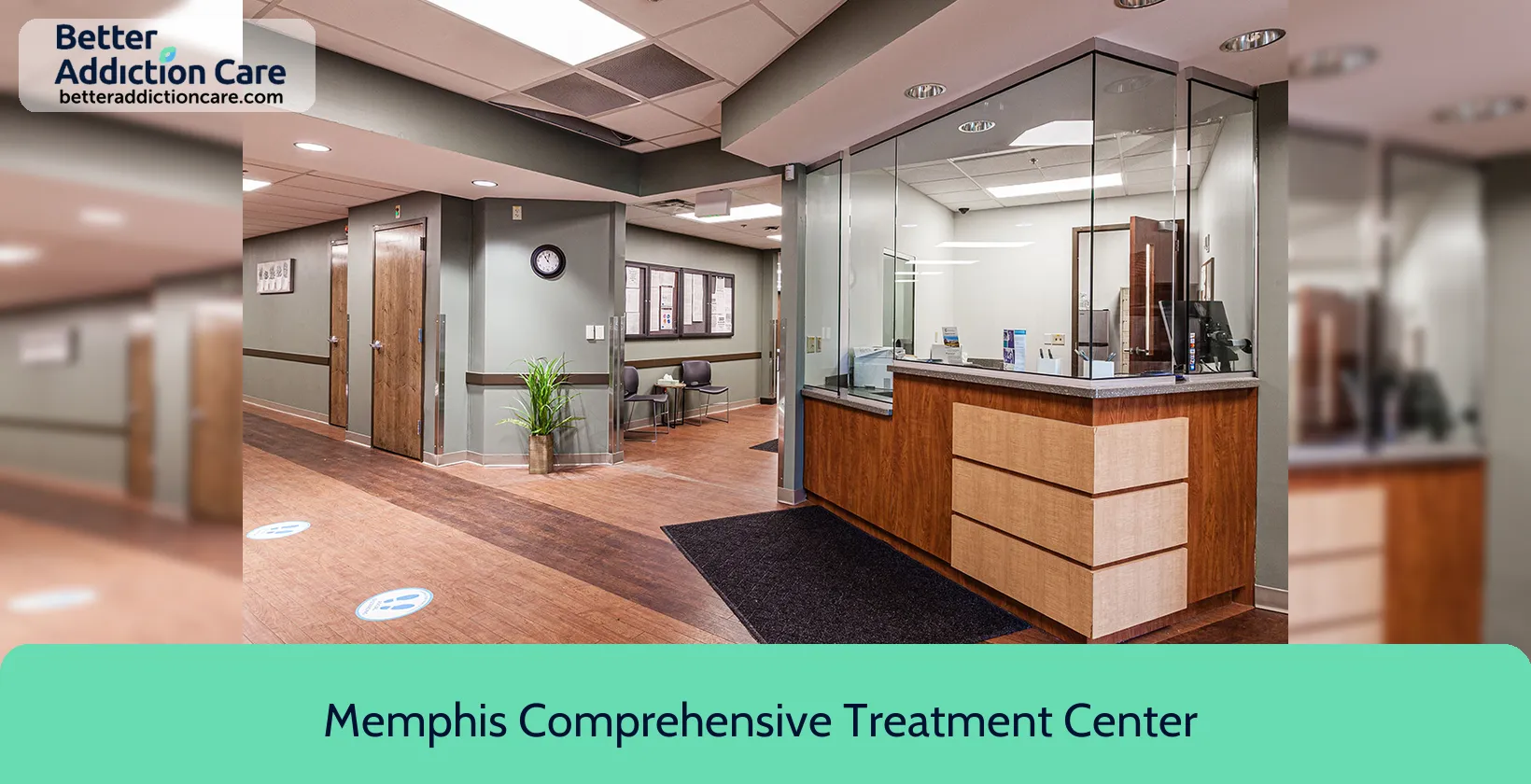
6.77
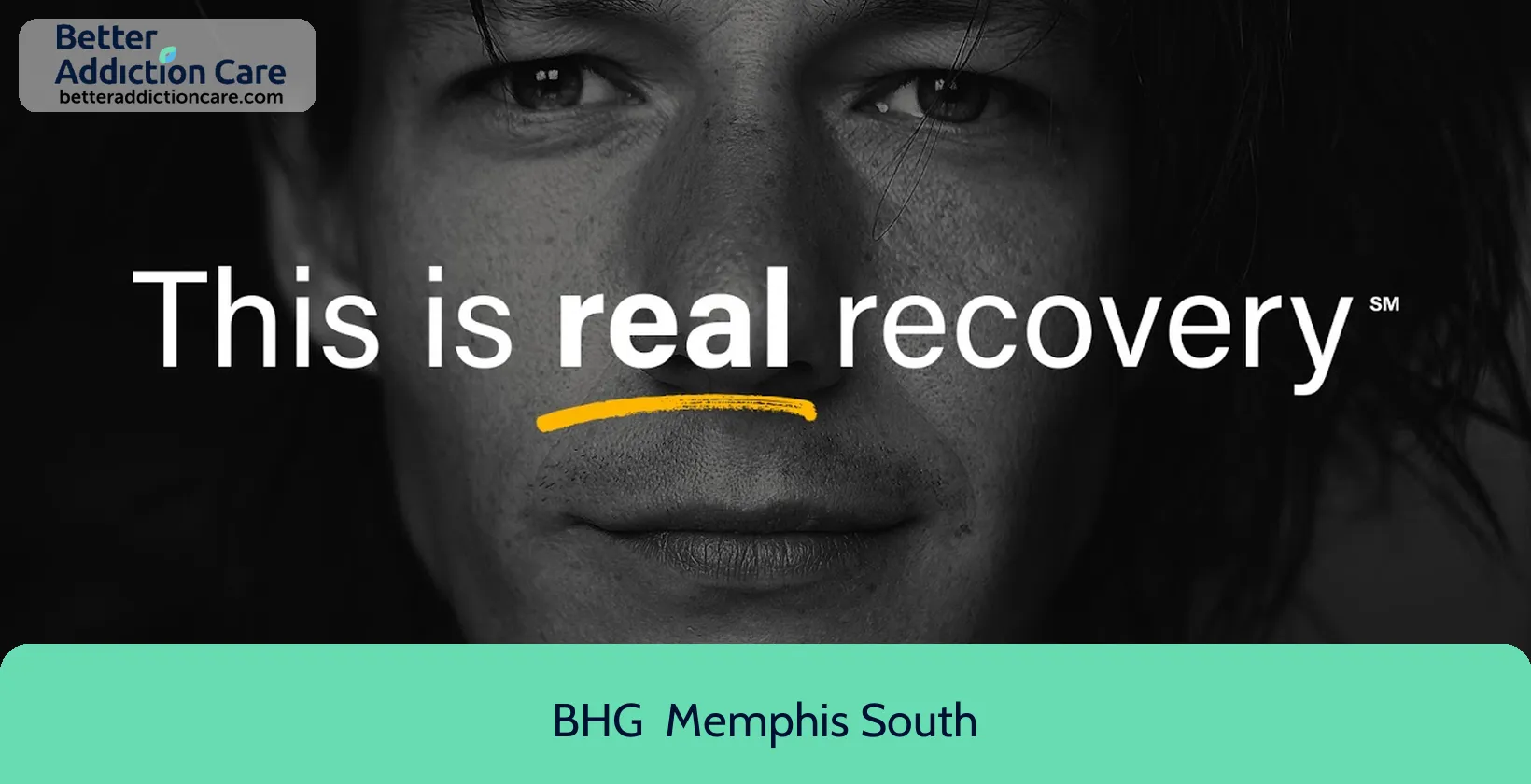
6.97

6.71
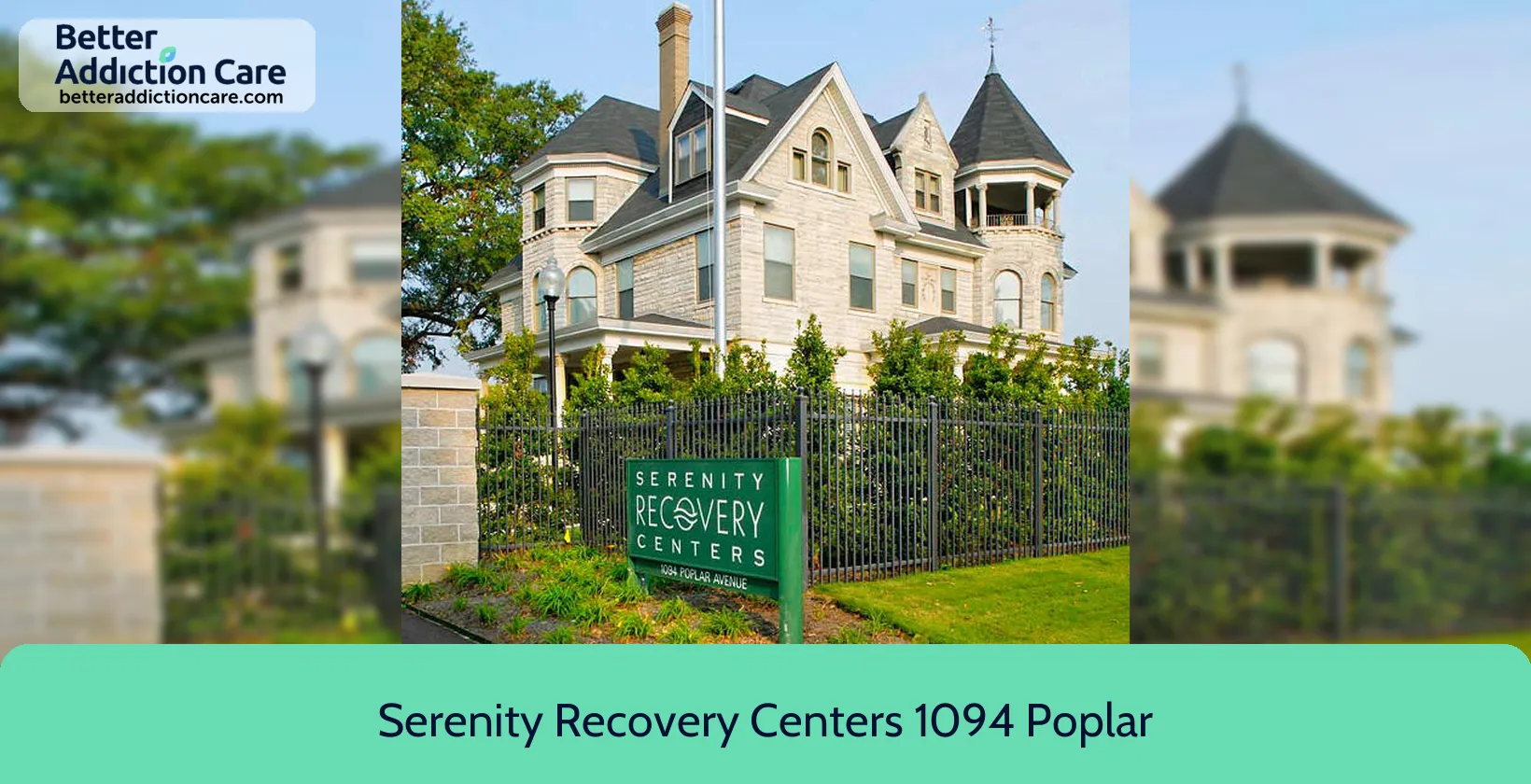
7.42
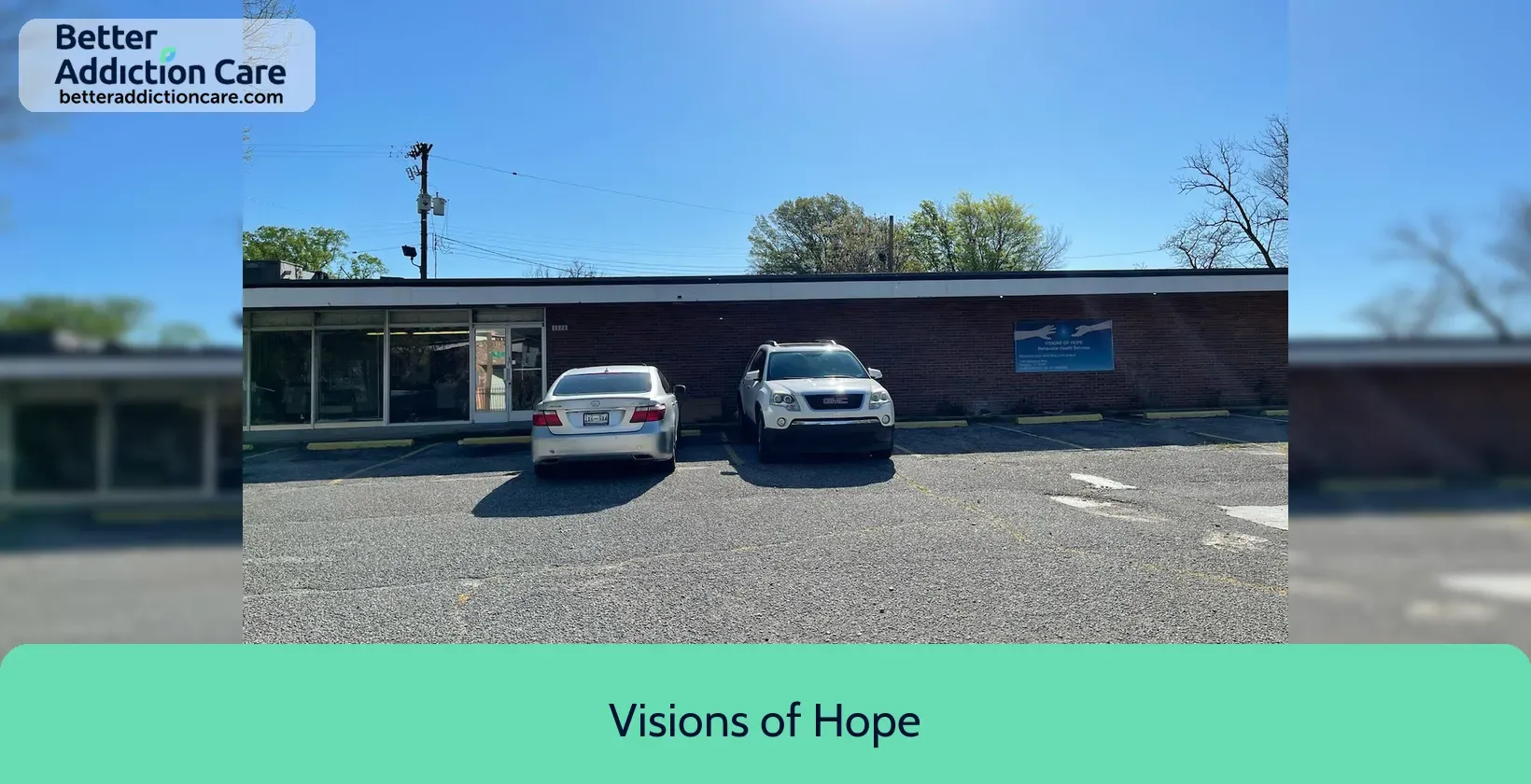
7.05
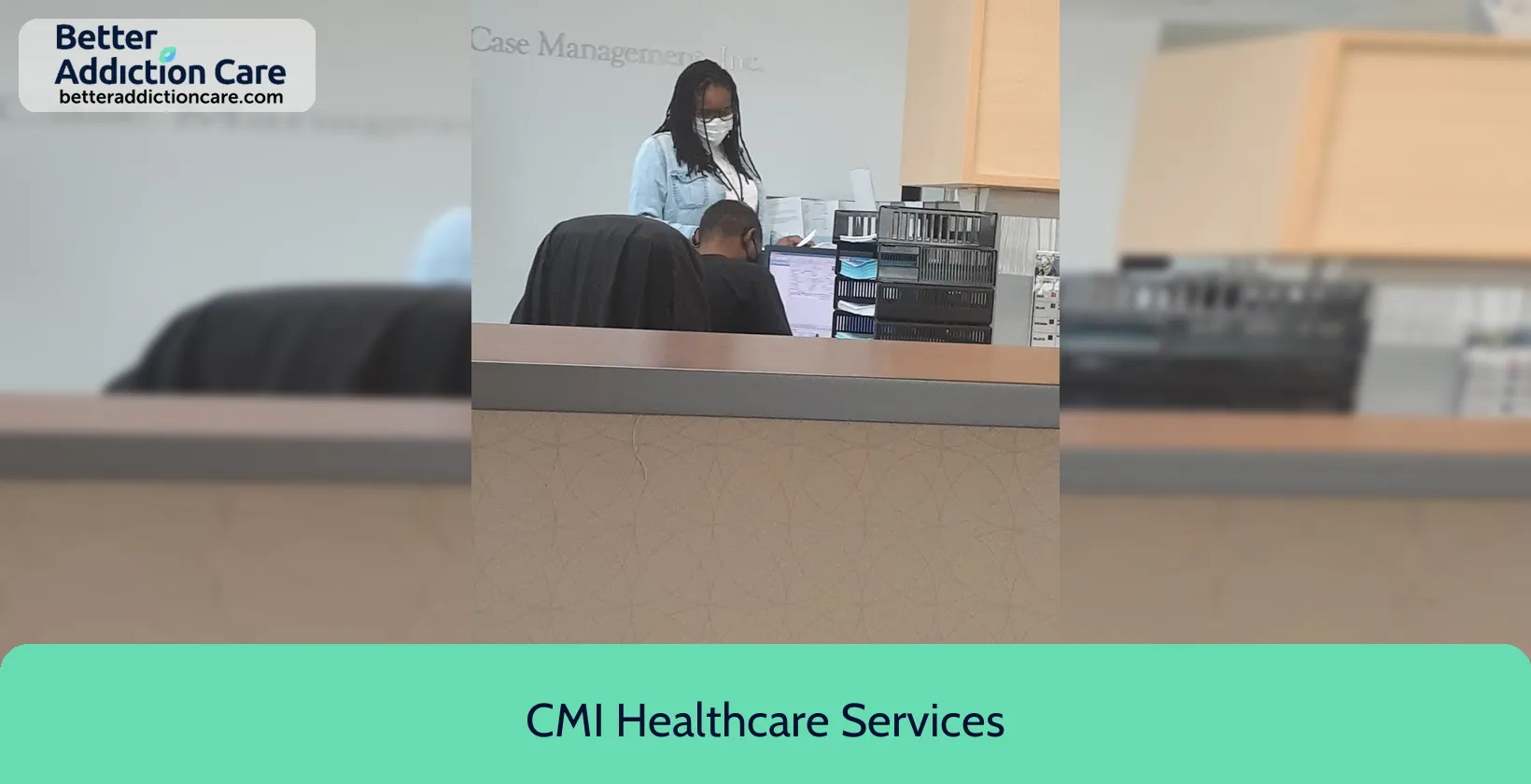
6.62

6.65
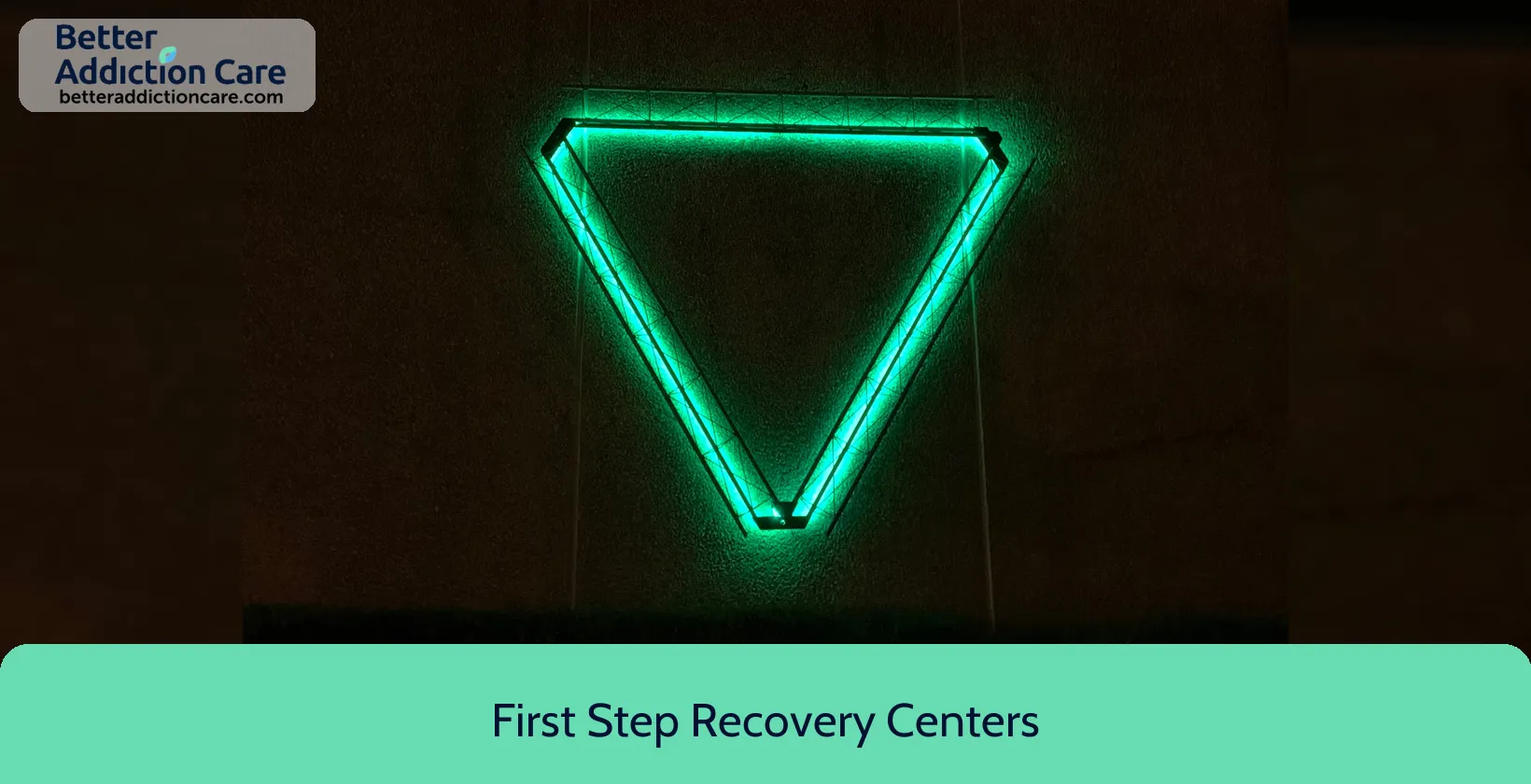
6.94
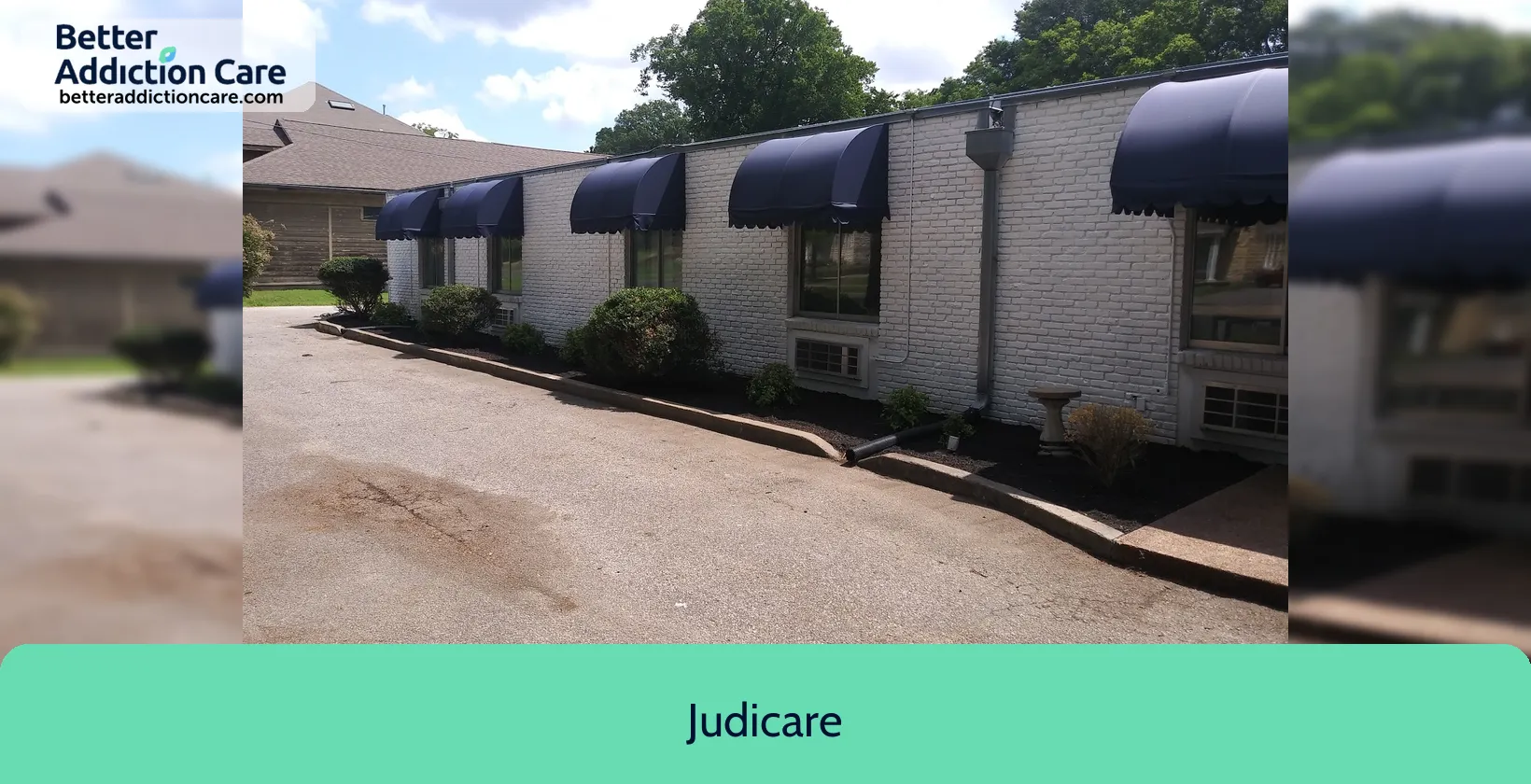
7.03
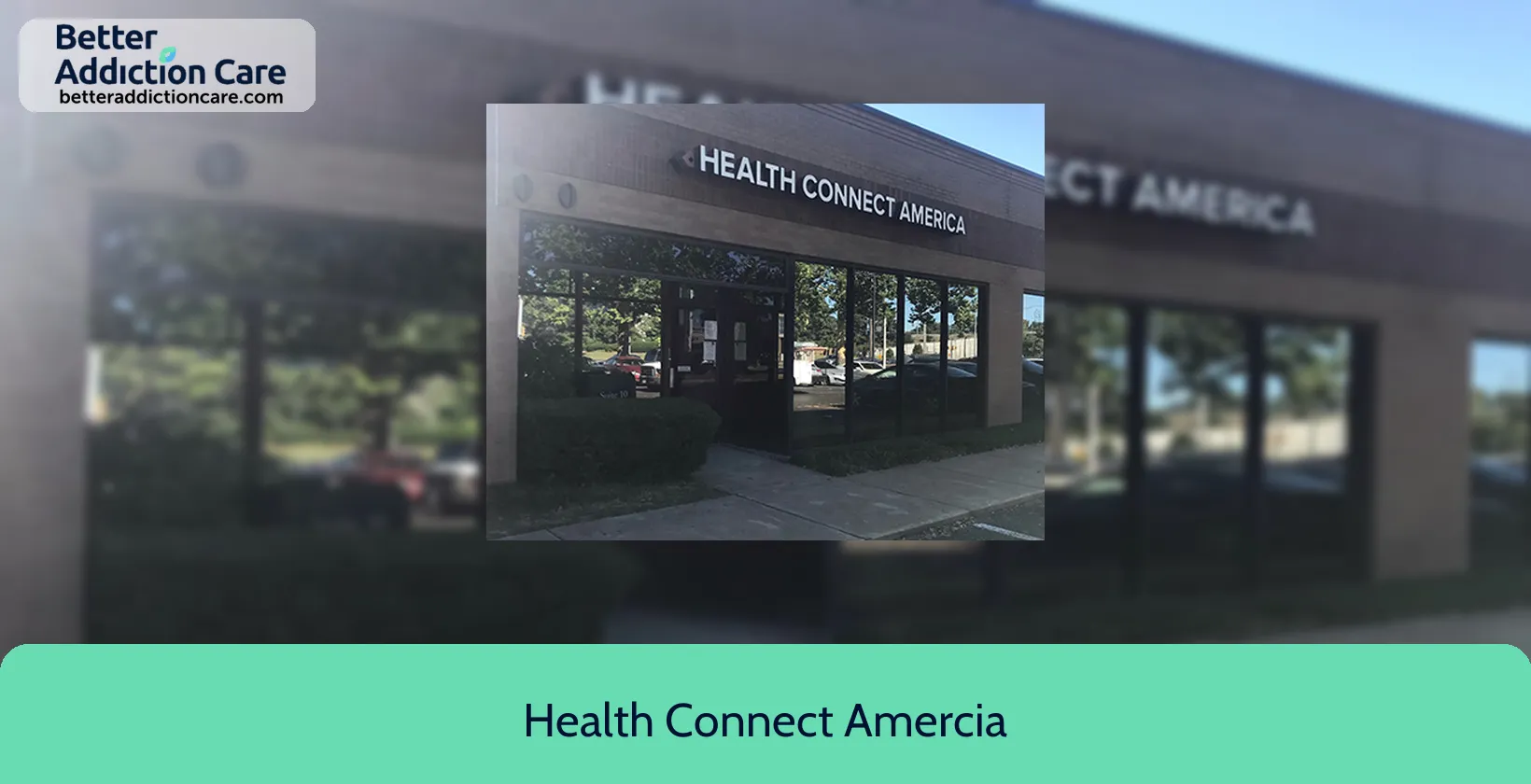
7.14

7.26

7.77

7.05

6.62

7.52

7.08

6.59

6.92

6.50

7.02

6.96

6.99

6.79

6.83

7.34

6.86

6.89
Local Rehabs in Tennessee
Common Questions About Rehab in Memphis
Take a look at our FAQ. We've tried to fill it with all the answers you're looking for. And if not, contact us on (888) 349-0436.


